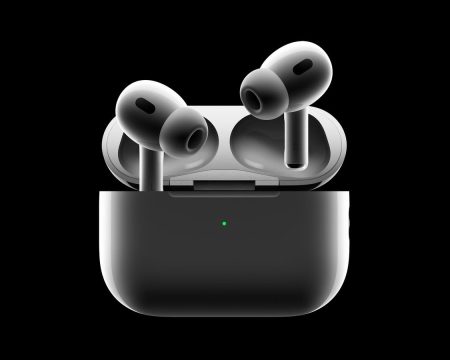Today, most companies are in the process of assembling digital operations platforms or are in the process of evolving them. Software-defined operations platforms enable companies to integrate technology and services so they can operate differently and better compete in the marketplace. These platforms become differentiators and create new value.
They also create a more intimate, dynamic relationship between the tech stack and business operations. I blogged often in the past few months (here, for instance) about operations platforms. The platforms’ constantly evolving nature requires continual investment in maintaining the platform components as they evolve. Operations platforms also have huge requirements for engineering and IT talent.
The degree of change to the evolving tech stack and the business operations is constant. Here are the capabilities companies need to build for evolving an operations platform.
Persistent Teams
The IT people who support the platform are involved in the business operations in a different way than in the past. They must understand the business better. They also must have relationships with the business folks.
The team building and evolving an operations platform must be persistent, rather than transitory. Just like the operations teams needs to be persistent, the platform tech team needs to be persistent. This is really important for their ability to understand how the platform is configured and how it evolves. This requires a knowledge base that will be lost if the tech team has transitory people.
Engineering Talent
The nature of the tech talent for platforms is different. Companies don’t need just one kind of talent. One talent component grows disproportionately: engineering. The more a company drives a platform to deliver its key business results and objectives (OKRs), the more engineering talent it will need.
Typically, engineers are more skilled than other IT talent. They are trained differently from IT people. They also have a deeper grasp of technology. They understand technology in a much more intimate way, and they can manipulate it in a more intimate way. The engineering component of platforms grows faster than the classic IT component.
And that pace of growth brings us back to my earlier point of the need for a persistent team. The problem for companies is engineers are in very short supply, and the demand for engineering far outstrips supply.
Consequently, companies turn to third-party service providers as a way to supplement their engineering talent. Engineering is one of the fastest-growing segments in global services. It is growing disproportionately fast because of the demand for building and evolving operating platforms.
Third-Party Talent
Naturally, companies desire to have as much internal engineering as possible. So, the growth of offshore or engineering centers around the world will explode with growth.
Should a company use third-party talent as a supplement to its core engineering team? Or should third-party talent become a component of the core engineering capability, given the talent shortage? The answer: engineering talent will need them to become a permanent fixture in the platform tech teams.
This requires rethinking contracting with third-party service providers. The relationship must provide talent that remains permanent on the platform’s tech team. This sets up some very inconvenient conversations around price with engineering wages, which is inflating far faster than inflation.
Furthermore, not only are the wages inflating, but retention necessitates that people’s careers must advance within the team. This puts pressure on pricing, but the third-party talent helps the company meet its objectives and key results, so it is well worth paying more. Therefore, companies must rethink the nature of the relationship, the nature of the contract, and the way they handle pricing.
It is ironic, but the more engineering talent a company has, the more likely it is to also have a low code environment. This allows the operating teams to make quick adjustments to the tech stack themselves without having to engage deeply with the engineering team. So, the more a company has of one type of talent, the more it has of the other type. Both are growing. In the middle is traditional IT.
The AI Impact
Machine learning or AI data requires engineering capabilities more than traditional IT capabilities. This has big implications on the service provider choice and how to work with that talent as well as in-house talent. Succeeding in this effort can help in a company’s ability to build capability for platforms as it goes forward.
Read the full article here










